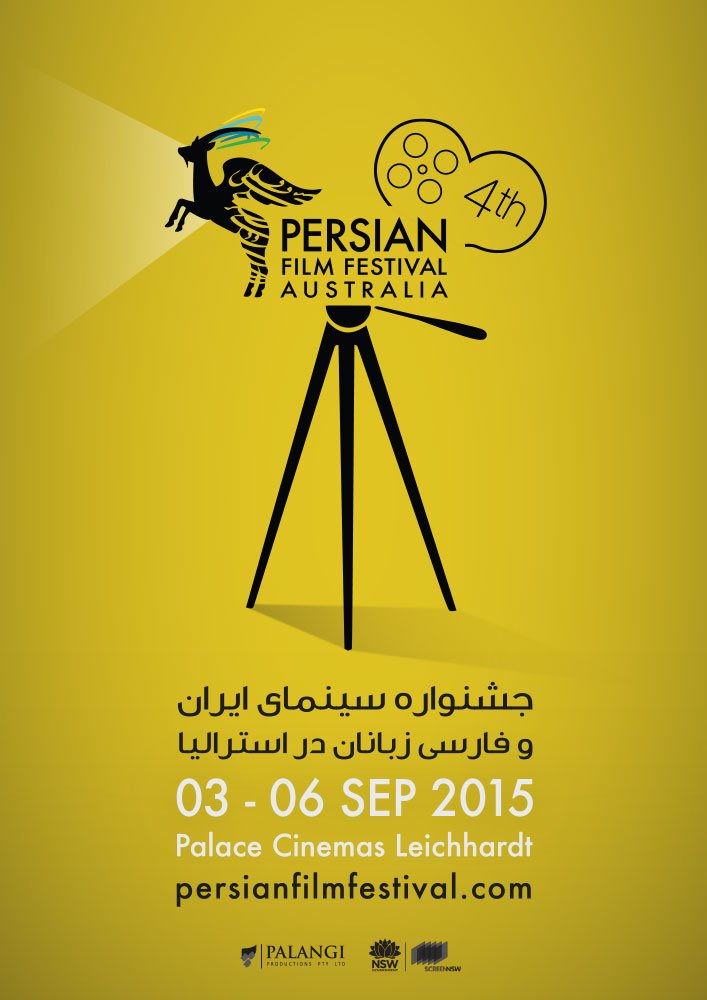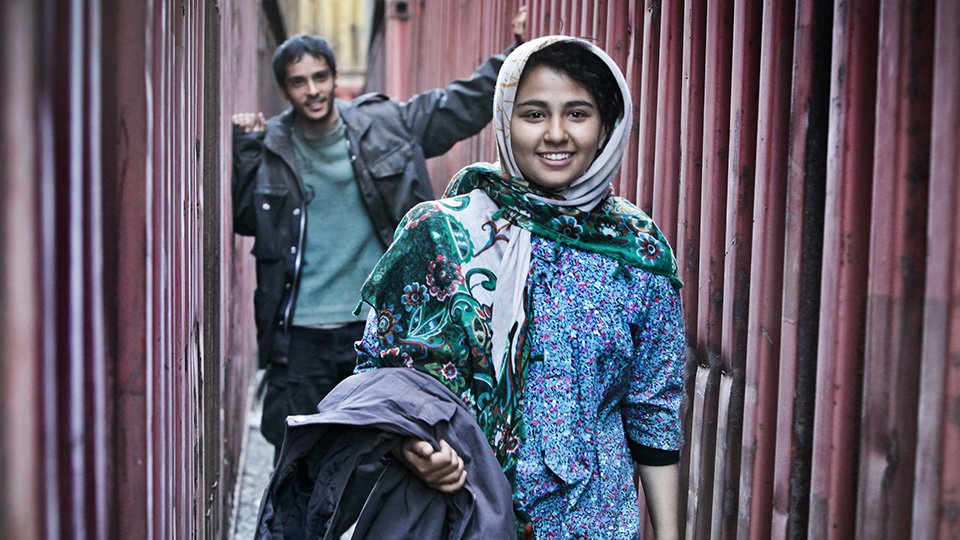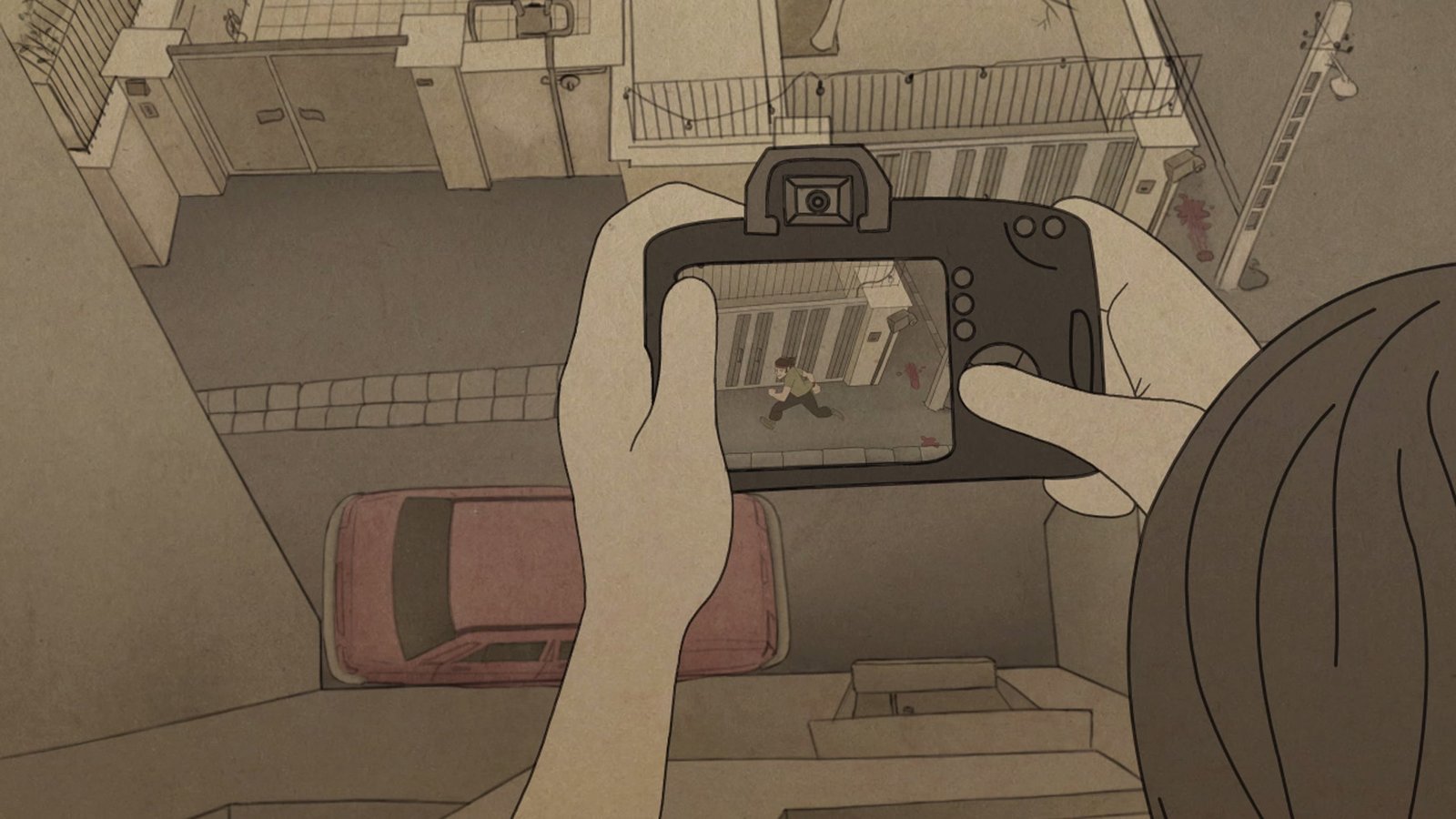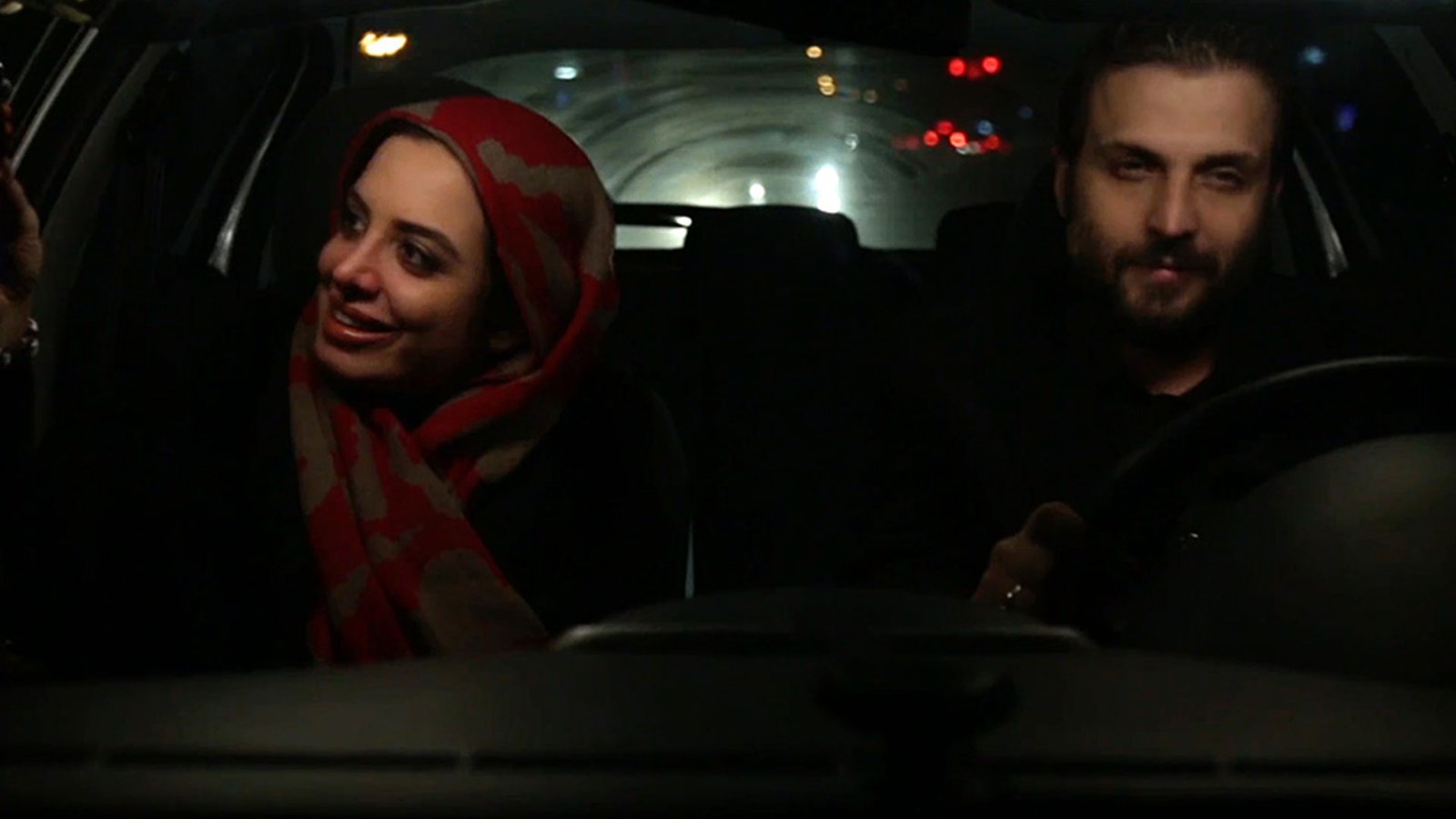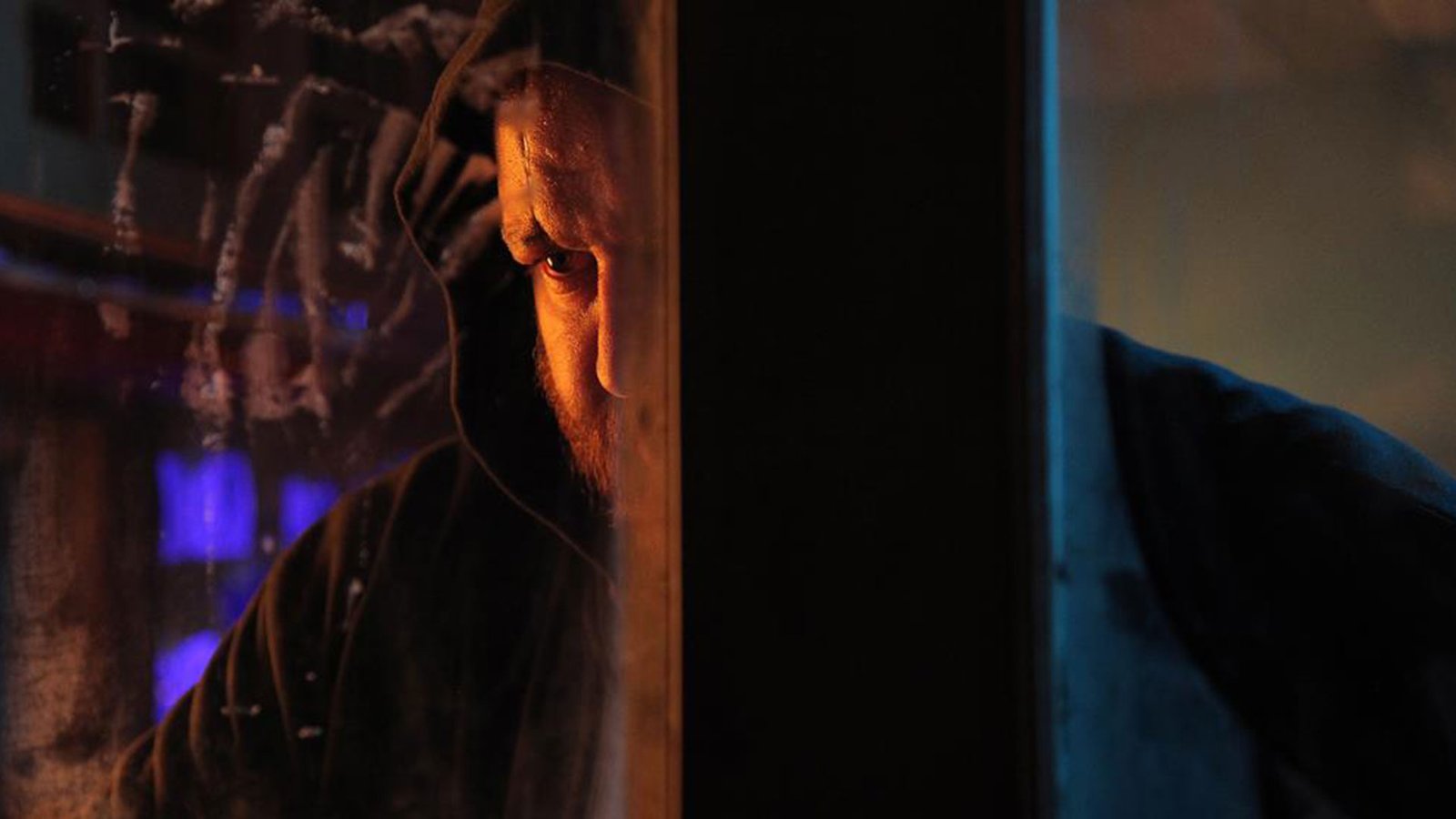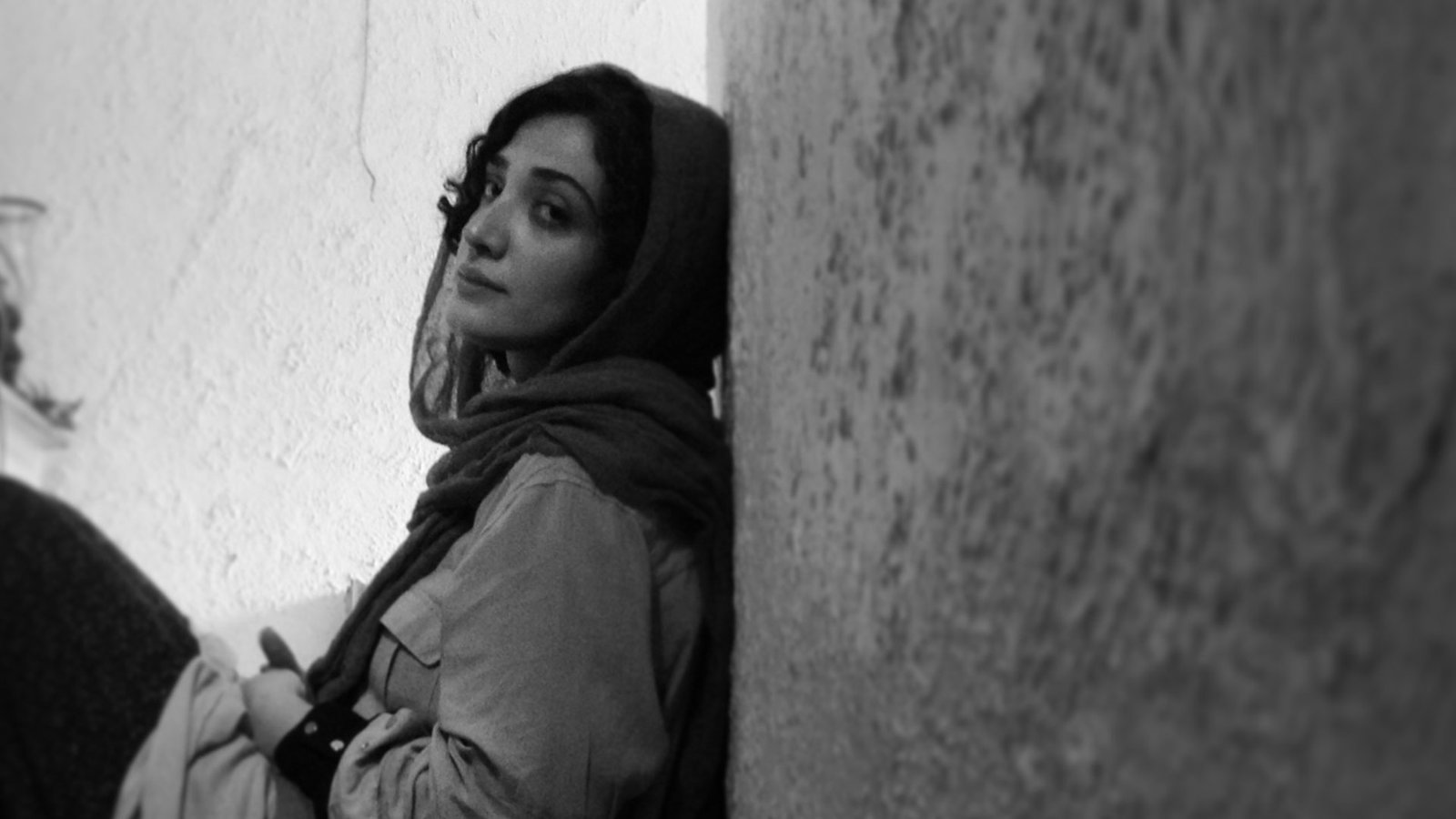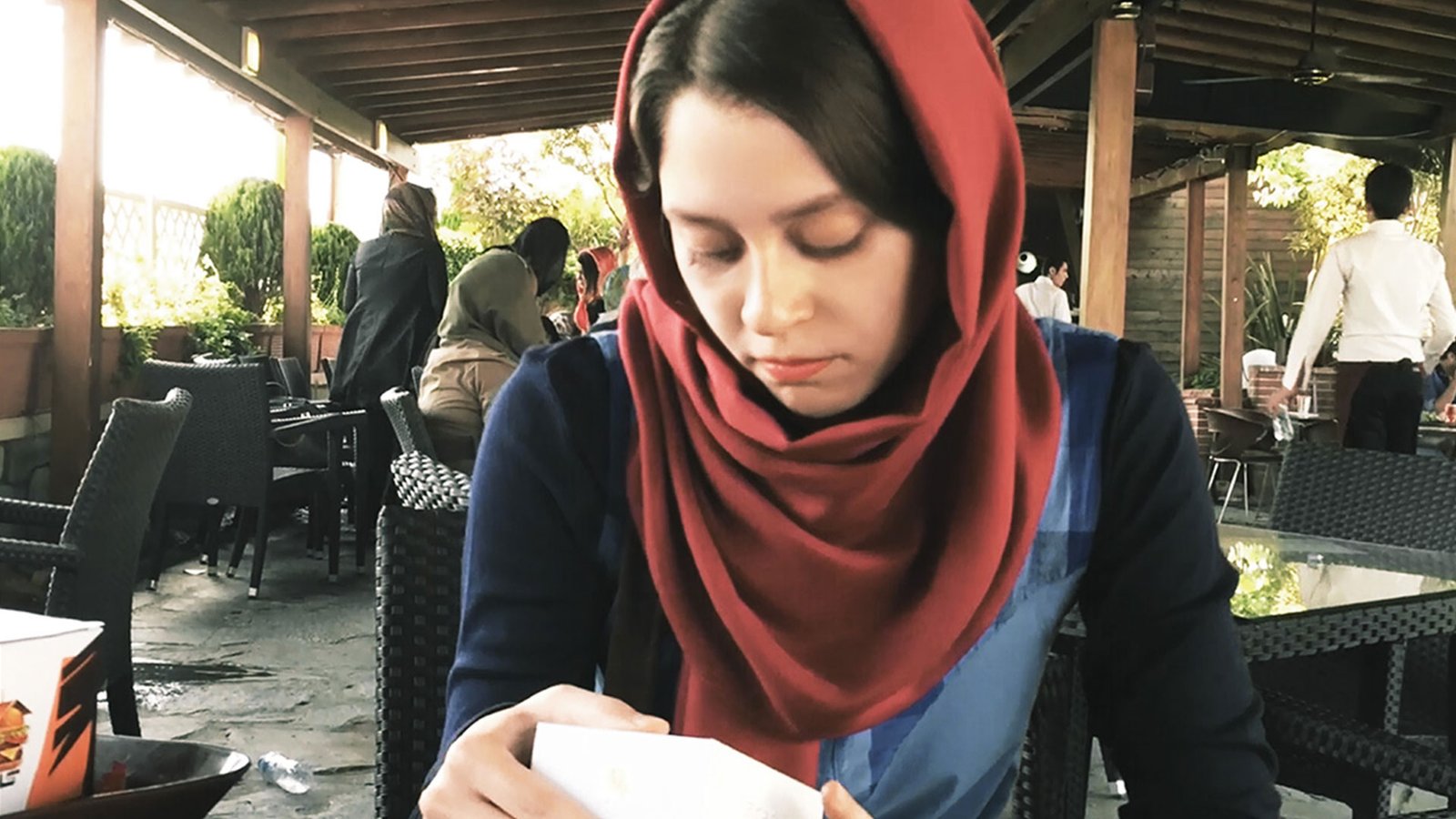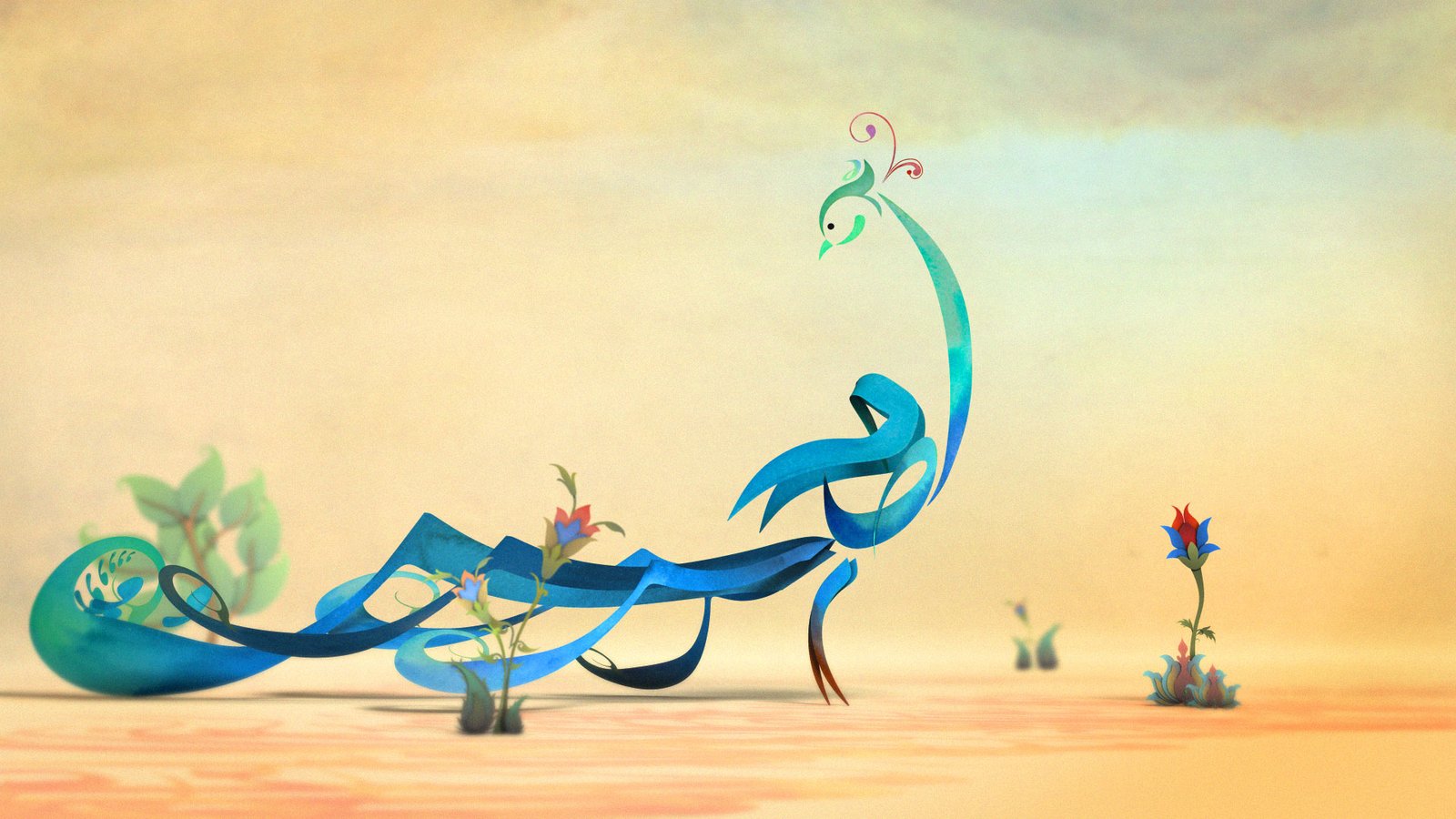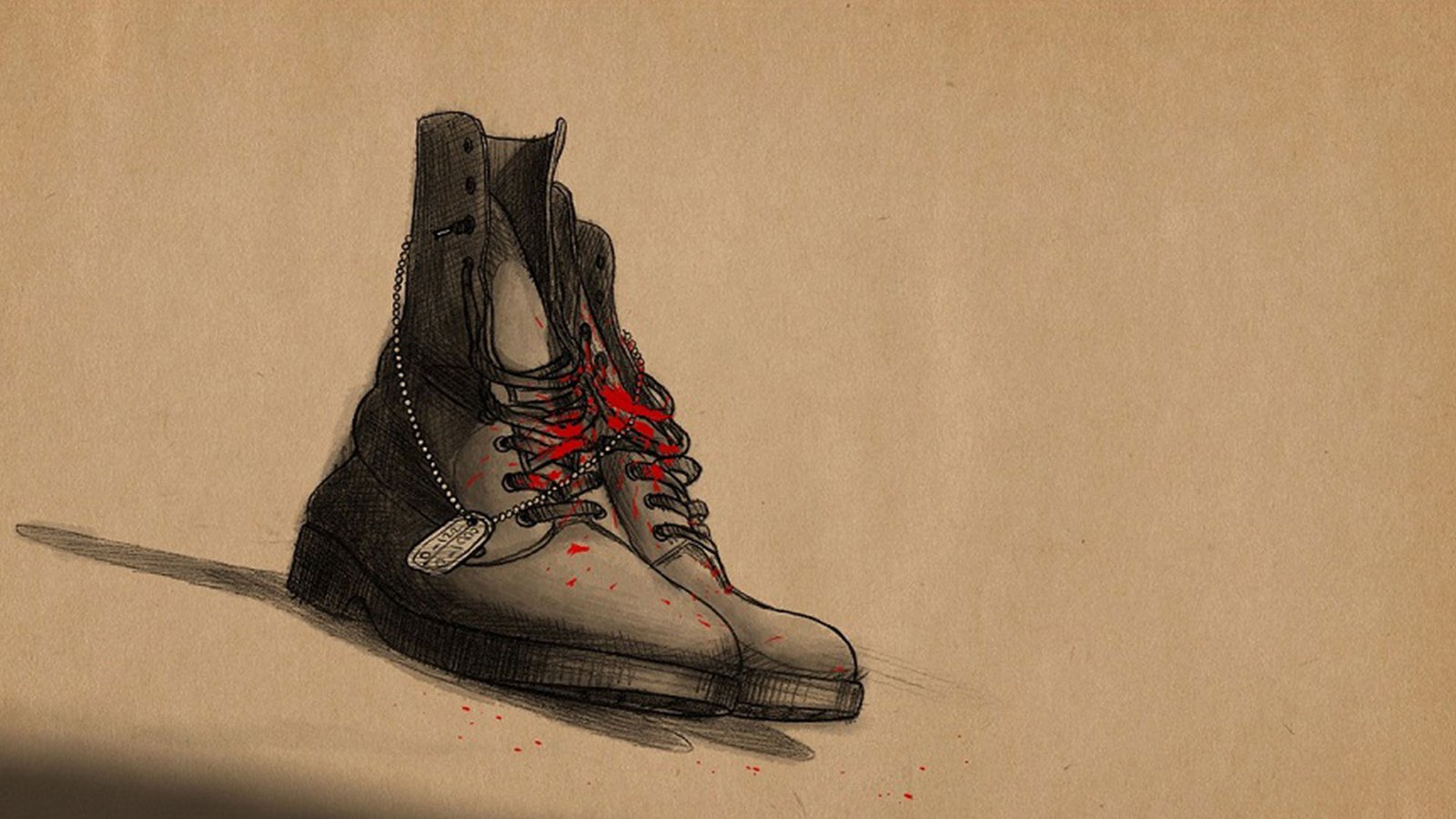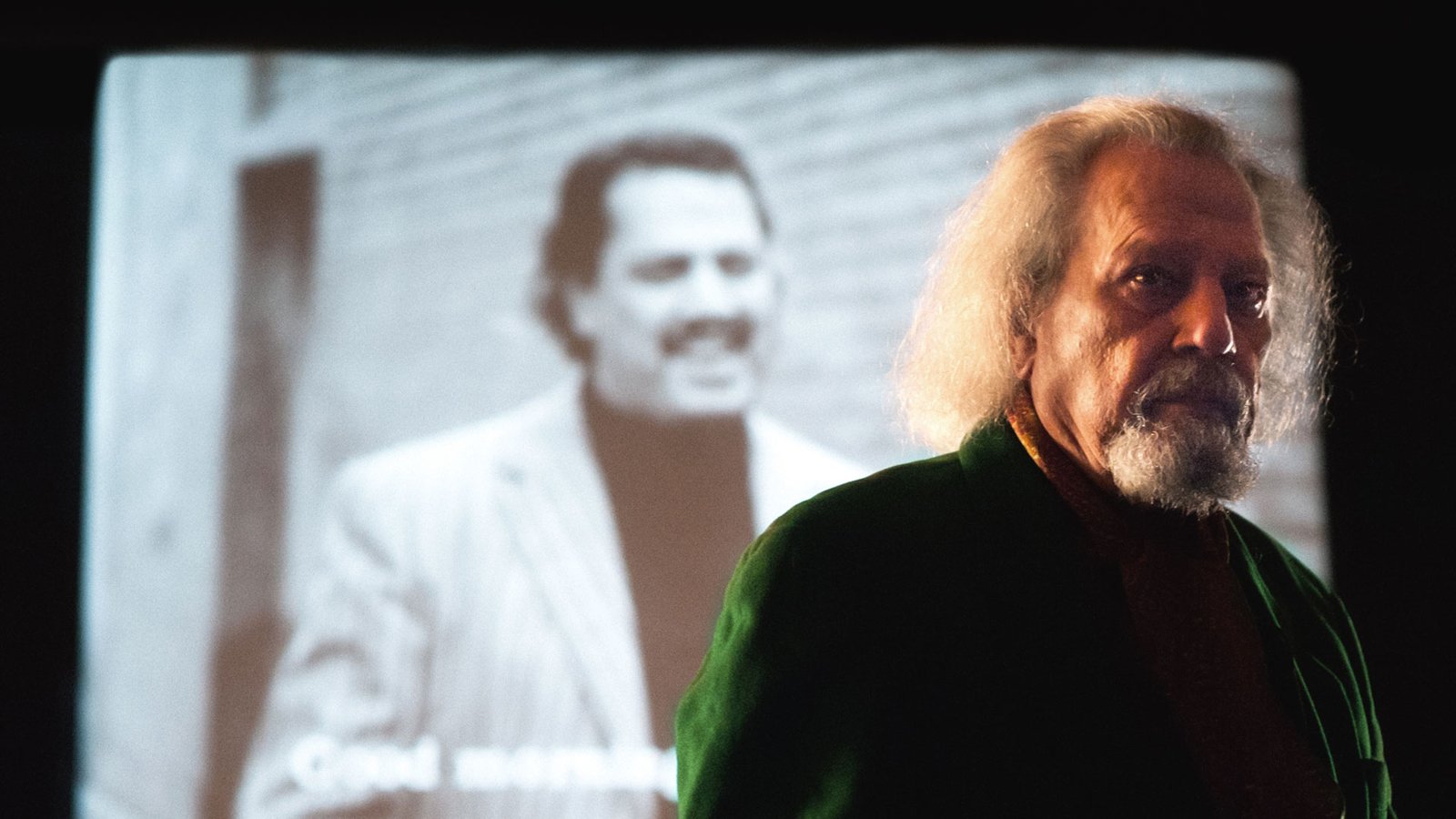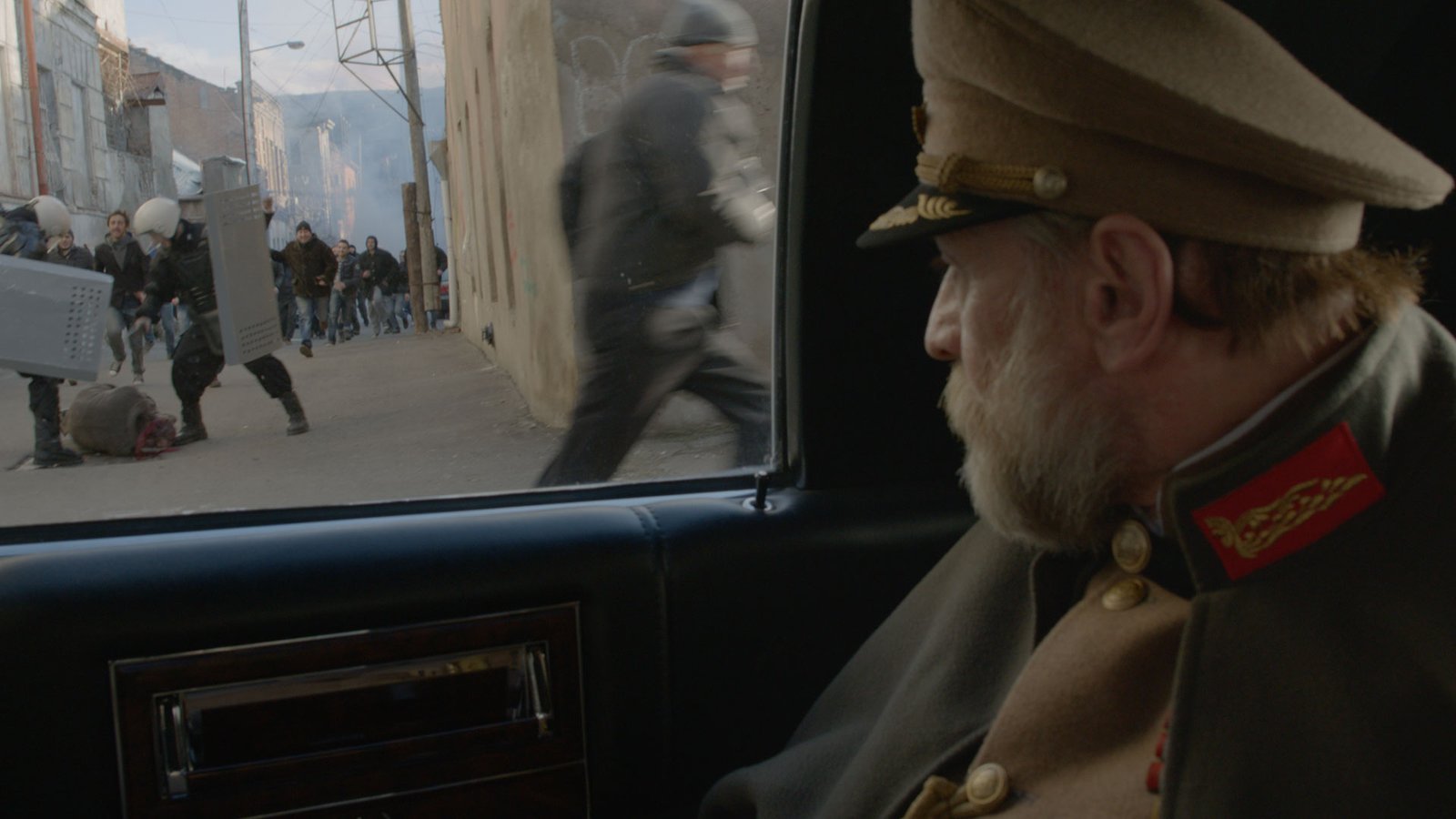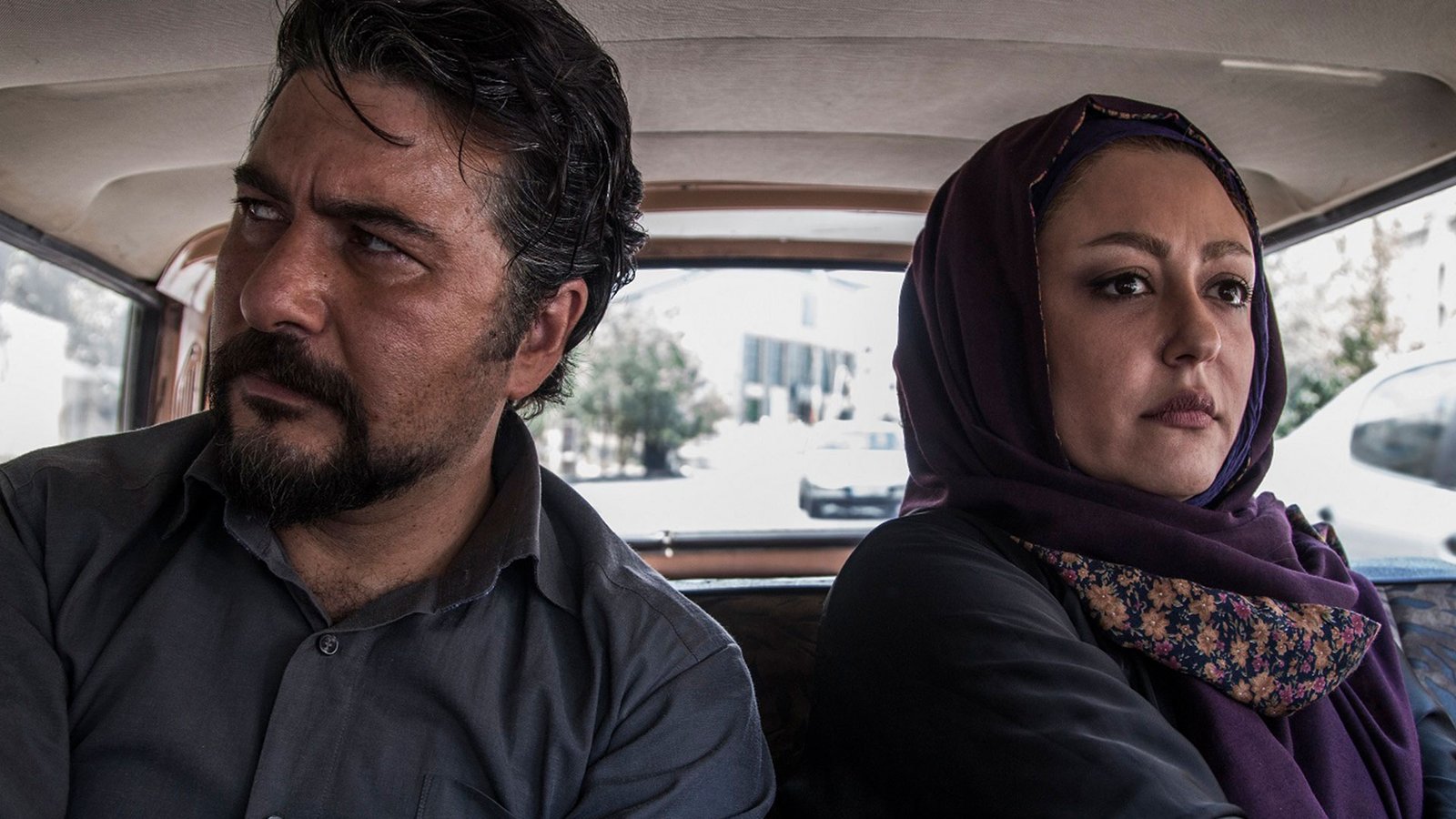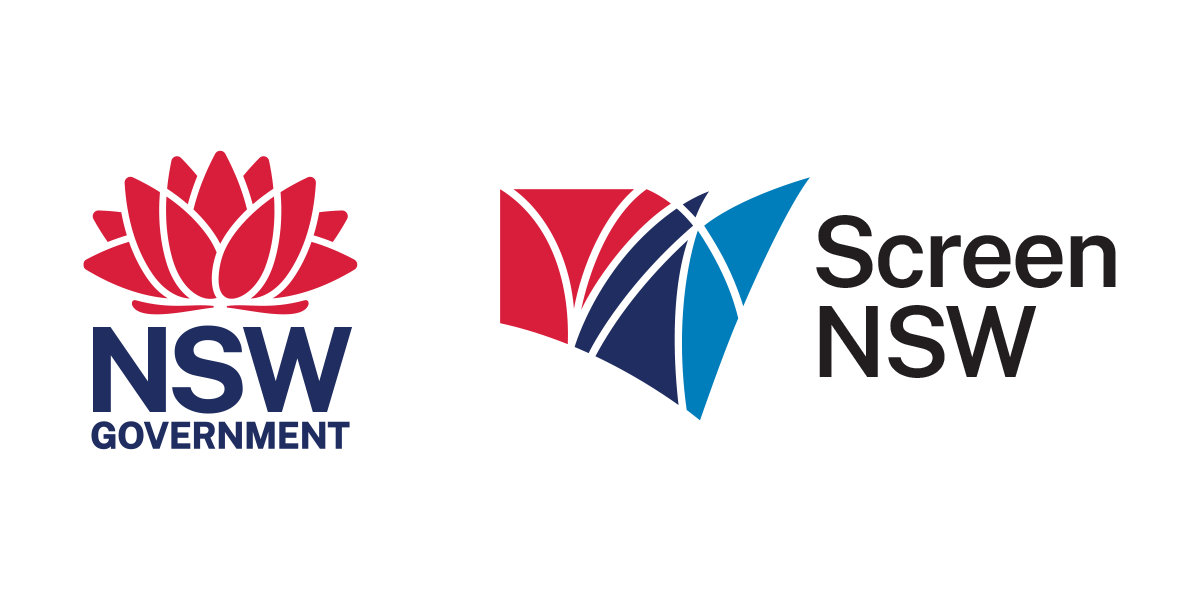The 4th Persian Film Festival opened with the highly anticipated Australian premiere of Mohsen Makhmalbaf’s award-winning feature The President. The festival hosted eight national and international guests, including Alireza Amini and Bita Beigi from Iran, Saeed Sourati and Nora Niasari from Australia, and Alexandria Bombach from the USA. The festival guests engaged audiences in Q&A sessions after their screenings.
Films
Festival Guests
Nothing Found
Special Event
Love Marriage in Kabul: A Fundraiser
The festival hosted a special fundraiser screening of Amin Palangi’s award winning Love Marriage in Kabul and donated the proceeding to Mahboba’s Promise Charity.
